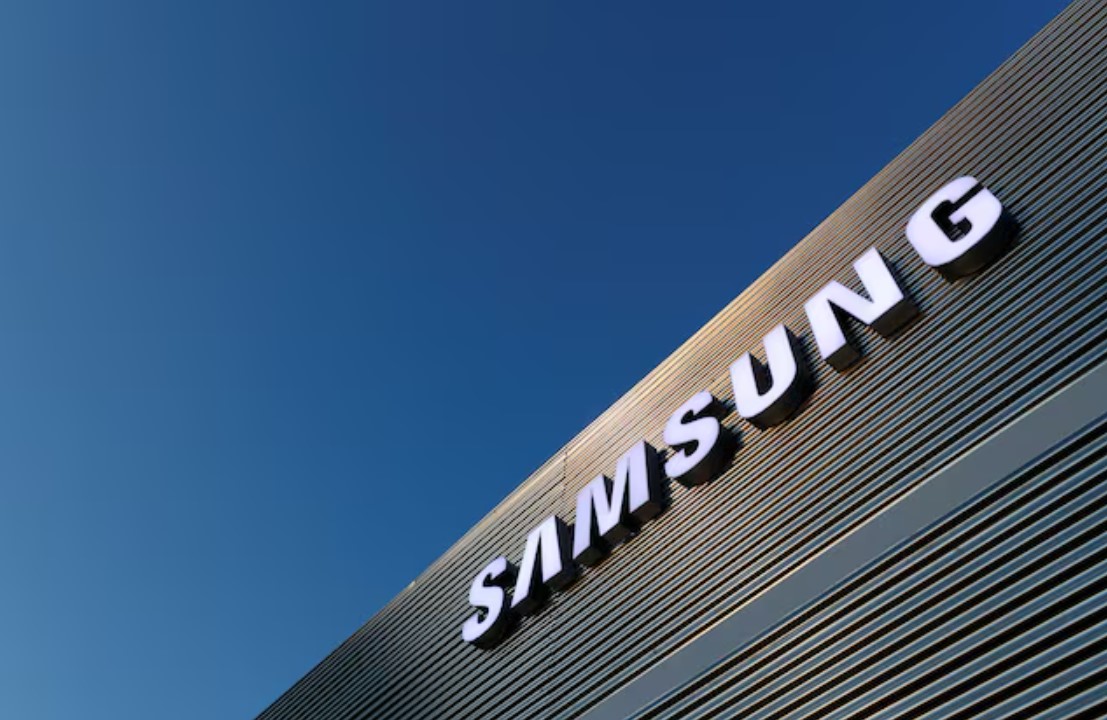Samsung to launch 3D HBM chip service in 2024

Samsung Electronics will launch three-dimensional (3D) packet services for high-bandwidth memory (HBM) before the end of the year. It is a technology that is expected to be introduced in the artificial intelligence chip, HBM4, which will hit the market in 2025, according to the company and industry sources.
On June 20, the world's largest memory chip maker unveiled its latest chip packaging technology and service plans at the Samsung Foundry Forum 2024 in San Jose, California. It was the first time Samsung released the 3D packaging technology for HBM chips at a public event. HBM chips are currently packaged mainly with 2.5D technology.
This comes about two weeks after Nvidia co-founder and CEO Jensen Huang unveiled the new generation architecture of its AI platform Rubin during a speech in Taiwan. HBM4 is likely to be embedded in Nvidia's new Rubin GPU model, which is expected to hit the market in 2026.
Samsung's latest packaging technology has HBM chips stacked vertically on top of a GPU to further speed up data learning and inference processing, a technology considered a game changer in the fast-growing AI chip market. Currently, HBM chips are horizontally connected to a GPU on a silicon interposer under the 2.5D packaging technology.
Samsung offers 3D HBM packing as a full service. Its advanced packaging team will vertically connect HBM chips produced by its memory business division with GPUs assembled by its foundry unit.
"3D packaging reduces power consumption and processing latency, and improves the quality of electrical signals from semiconductor chips," said a Samsung Electronics spokesperson. In addition, Samsung plans to introduce all-in-one heterogeneous integration technology in 2027, incorporating optical elements that dramatically increase the speed of data transmission in semiconductors in a unified package of AI accelerators.
Keeping pace with the growing demand for low-current, high-performance chips, HBM is expected to account for 30% of the DRAM market by 2025, according to TrendForce, a Taiwanese research firm. MGI Research predicts that the advanced packaging market, including 3D packaging, will grow to $80 billion by 2032, up from $34.5 billion by 2023.
Latest ram
-
16 Octram
-
07 Augram
Nvidia approves Samsung's 8-layer HBM3E chips
-
06 Augram
Samsung presents thinnest LPDDR5X DRAM
-
05 Augram
SK hynix focuses on advanced HBM chips
-
31 Julram
SK Hynix launches 60% faster GDDR7
-
28 Junram
SK Hynix accelerates HBM plan
-
17 Junram
AI boosts local chip demand in China
-
17 Junram
Samsung to launch 3D HBM chip service in 2024
Most read ram
Latest ram
-
16 Octram
Kingston takes the RAM throne in 2024
-
07 Augram
Nvidia approves Samsung's 8-layer HBM3E chips
-
06 Augram
Samsung presents thinnest LPDDR5X DRAM
-
05 Augram
SK hynix focuses on advanced HBM chips
-
31 Julram
SK Hynix launches 60% faster GDDR7
-
28 Junram
SK Hynix accelerates HBM plan
-
17 Junram
AI boosts local chip demand in China
-
17 Junram
Samsung to launch 3D HBM chip service in 2024






